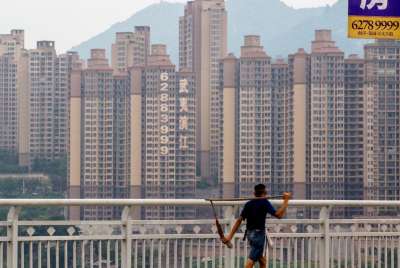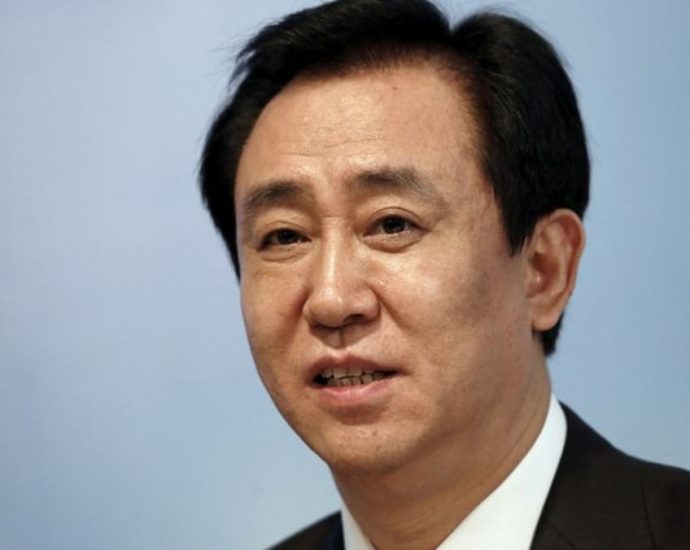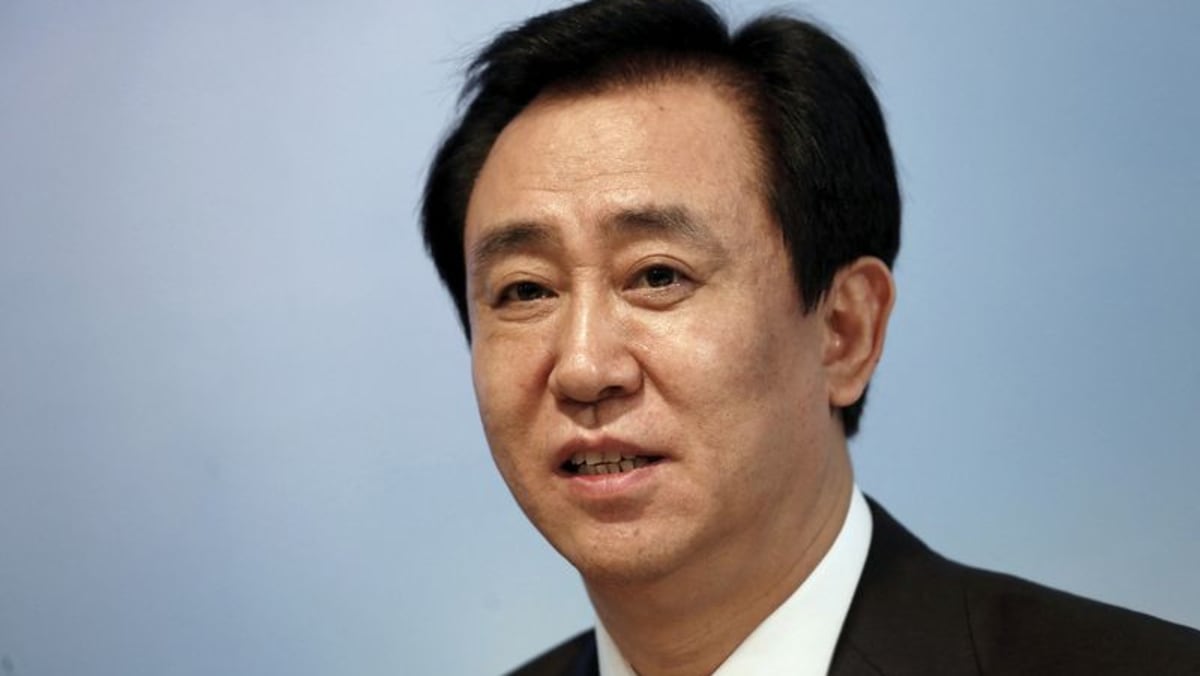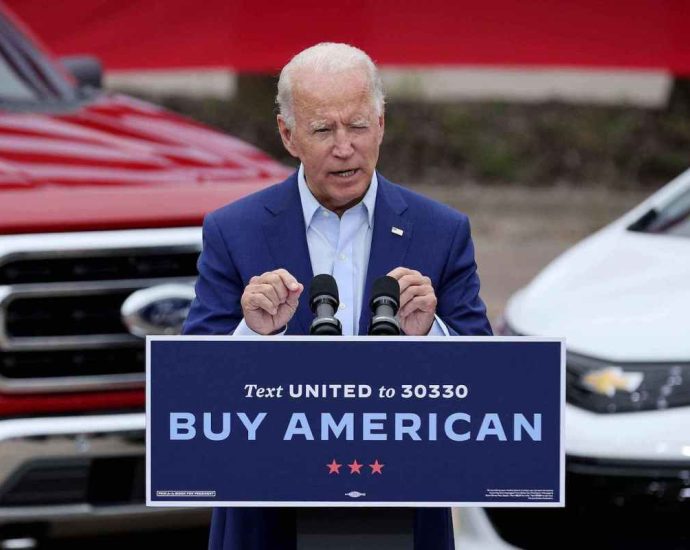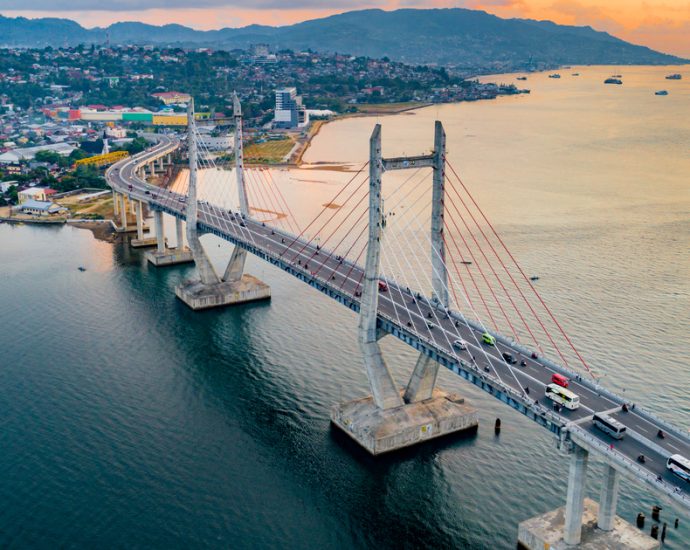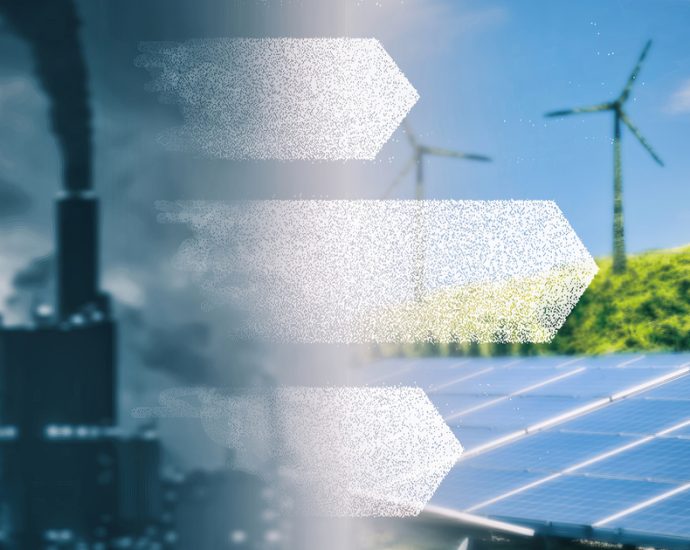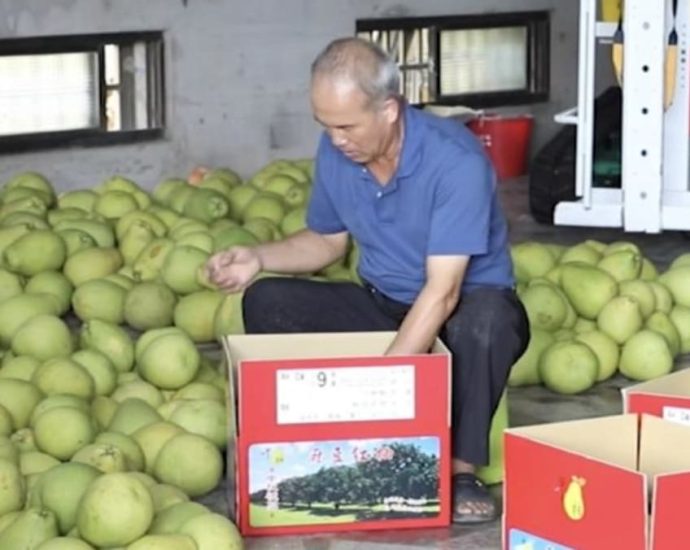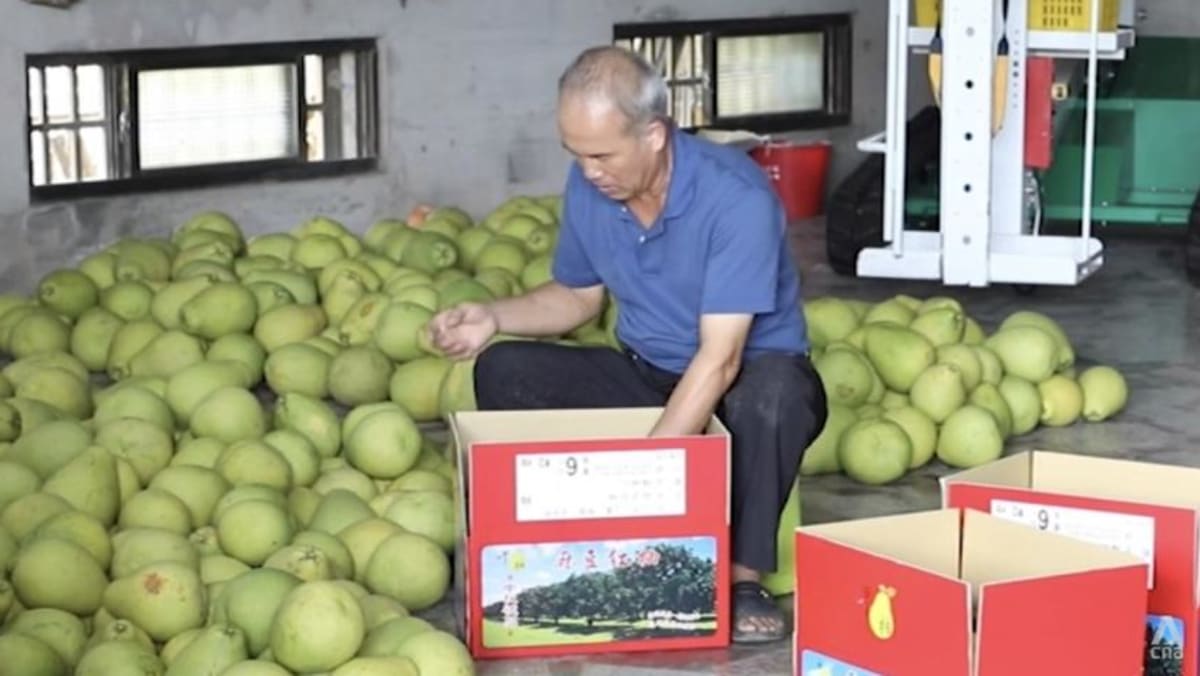Evergrande seen likelier to fall as chairman probed
Worries that Evergrande Group will go bankrupt have intensified with news that the indebted property developer’s chairman, Hui Ka-yan, is under police surveillance.
Hui was taken away by Chinese police earlier this month and is being monitored at a designated location, Bloomberg reported, citing people familiar with the situation.
The report said the billionaire is under residential surveillance but it does not mean he will be charged with a crime.
Now that offshore creditor meetings originally scheduled on Monday and Tuesday were canceled, Evergrande must submit a new debt revamp plan by October 30 or its bondholders’ group will support a winding-up petition already filed against the developer, Reuters reported on Tuesday.
Shares of Evergrande have lost 42% so far this week. Shares of Country Garden and Sunac, which followed in Evergrande’s footsteps to file for bankruptcy protection in the United States, have dropped 14.3% and 20.5%, respectively.
Bankruptcy protection is a preliminary move that gives the debtor time to devise a restructuring plan and seek creditors’ approval of it. Full-out bankruptcy would mean winding up the company.
Some commentators say it’s likely not only that the once-largest property developer will go bankrupt but also that its collapse will hurt homebuyers’ confidence and create instability in the financial systems.
Since the announcement of a debt restructuring plan on March 22, sales have been worse than expected, the company said in a filing to the Hong Kong stock exchange on September 22.
Based on its current situation and consultations with its advisors and creditors, the company said, it’s necessary to re-assess the terms of the proposed restructuring plan.
Evergrande said Sunday that it is unable to meet the qualifications for the issuance of new notes under the present circumstances as its Shenzhen-listed subsidiary Hengda Real Estate Group is being probed.
Suspicions
In fact, Hengda Real Estate had already said on August 16 that it was being investigated by the Chinese Securities Regulatory Commission (CSRC) for suspected violation of information disclosure regulations.
It was on August 17 that Evergrande filed for bankruptcy protection to the Manhattan bankruptcy court, seeking recognition of restructuring talks underway in Hong Kong, the Cayman Islands and the British Virgin Islands.
Noting that date, Zhang Yinyin, a Shanghai-based columnist, writes in an article that when Evergrande said on August 16 that Hengda Real Estate was being probed, it already knew that its proposed debt restructuring plan would fail.
“It does not make sense to blame ‘worse-than-expected sales’ for the cancellation of the offshore creditor meeting,” Zhang says. “It would be strange if an indebted developer had strong sales.”
Zhang says that, even if its subsidiaries and executives were not being probed, it would be very difficult to restructure the debts of Evergrande – which has a liability of 2.4 trillion yuan (US$329 billion) and a need to raise another 200 to 300 billion yuan.
Yang Shih-kuang, a Taiwanese commentator, said in a TV program on Monday that Beijing’s recent move to reduce capital outflow has also become a new obstacle for Evergrande to pay its offshore creditors and implement its debt restructuring plan.
Yang said that, from Beijing’s perspective, indebted property developers’ top mission is to ensure the delivery of apartments to homebuyers.
Citing three sources, Reuters reported on September 11 that the PBoC is tightening its scrutiny of bulk dollar purchases by domestic firms amid a weakening renminbi. Companies now need approval from the central bank to purchase as little as US$50 million.
Last year, Evergrande delivered 300,000 apartments, about half its target, to its customers. In the first half of this year, it delivered 120,000 apartments. Media reports say the company still is obligated to deliver 400,000 more apartments to its buyers.
Last Saturday, a social media post about Hui’s arrest went viral on the Internet. It said Hui was handcuffed as he had resisted the arrest.
Ran Xiongfei, a veteran soccer reporter, who is believed to be familiar with the situation, said people should not trust or spread the rumor but wait for an official announcement. Some other commentators said it’s unlikely that a 64-year-old billionaire would resist an arrest.
Chen Panpan, a Beijing-based writer, says that, if Hui is going to face penalties, it will probably be due to the inability of Evergrande’s wealth management unit to repay its investors.
“When Evergrande’s wealth management arm had overdue payments in September 2021, Hui Ka-yan made a promise that its investors would be paid,” Chen says. “But due to Evergrande’s worsening financial situation, the wealth management firm had changed its payment plans several times.”
On August 31 this year, Evergrande’s wealth management unit said it couldn’t make payments for investment products for the month due to a liquidity crunch. On September 16, the unit’s staff were detained by police in Shenzhen. The police called on the public to provide information about the case.
A Hubei-based writer says Evergrande’s potential bankruptcy not only will hurt homebuyers’ confidence but also will cause losses to the developer’s creditors, such as banks, investors and suppliers, and shake the financial systems. He says regulators should launch effective measures to avoid a financial crisis and boost market confidence.
Read: Evergrande’s debt case hits China’s stock markets
Follow Jeff Pao on Twitter at @jeffpao3


